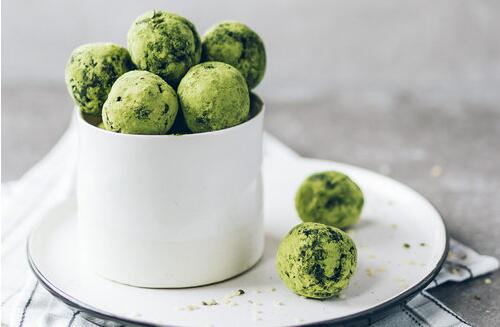
spirulina's miracle nutrient: polysaccharides...
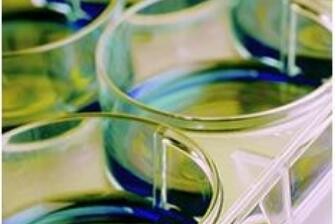
blue-green algae and microcystin toxins...
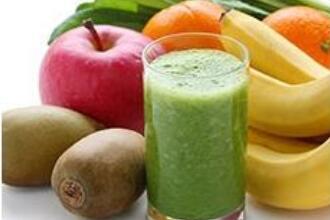
What Are Phytochemicals? Phytochemicals are biologically active compounds that are produced by the plant in order to help protect it from disease, oxidation, and other damaging reactions. These chemicals fall under various categories, including antioxidants, enzymes, amino acids, clean proteins, vitamins, and minerals. Studies indicate that while phytochemicals are non-essential nutrients, mea...

For any fitness enthusiast, a super-energetic workout feels a sense of accomplishment, setting goals and taking the necessary steps to complete them. But after intense training in the gym, the muscles need some extra TLC. Painful muscles can easily derail the fitness program; that's why exercise enthusiasts give their bodies proper fuel after exercise. Lean protein...
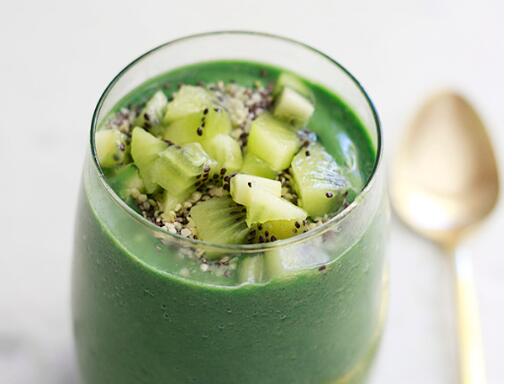
How to choose shampoo in winter...

Living a healthy lifestyle means finding and utilizing natural health solutions in your daily diet. In fact, the lack of vitamins and minerals in modern diets (mainly made up of processed convenience foods and fast food) is responsible for many of the most dangerous diseases and health conditions in society. With some simple changes and adding more fresh whole foods, their overall health can be si...
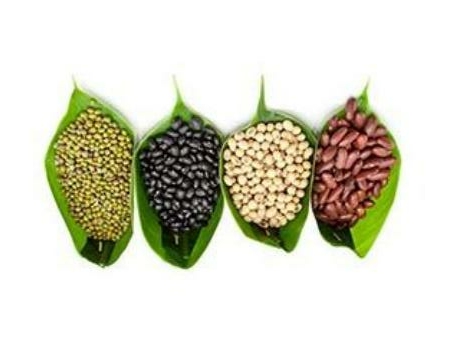
Sticking to a vegetarian diet can sometimes mean getting creative, because one has to find suitable alternatives for essential proteins most commonly obtained through meat, poultry, and fish. Luckily, there are several vegetarian protein sources available for the practicing vegan or vegetarian....
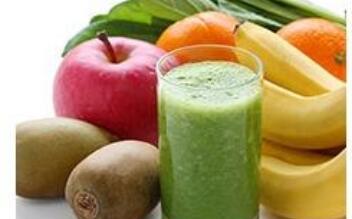
Superfood is a classification used to describe a food that is very high in phytochemicals. These foods tend to be extraordinarily high in vitamins, minerals, and essential nutrients, and they are recognized for their disease-fighting properties....
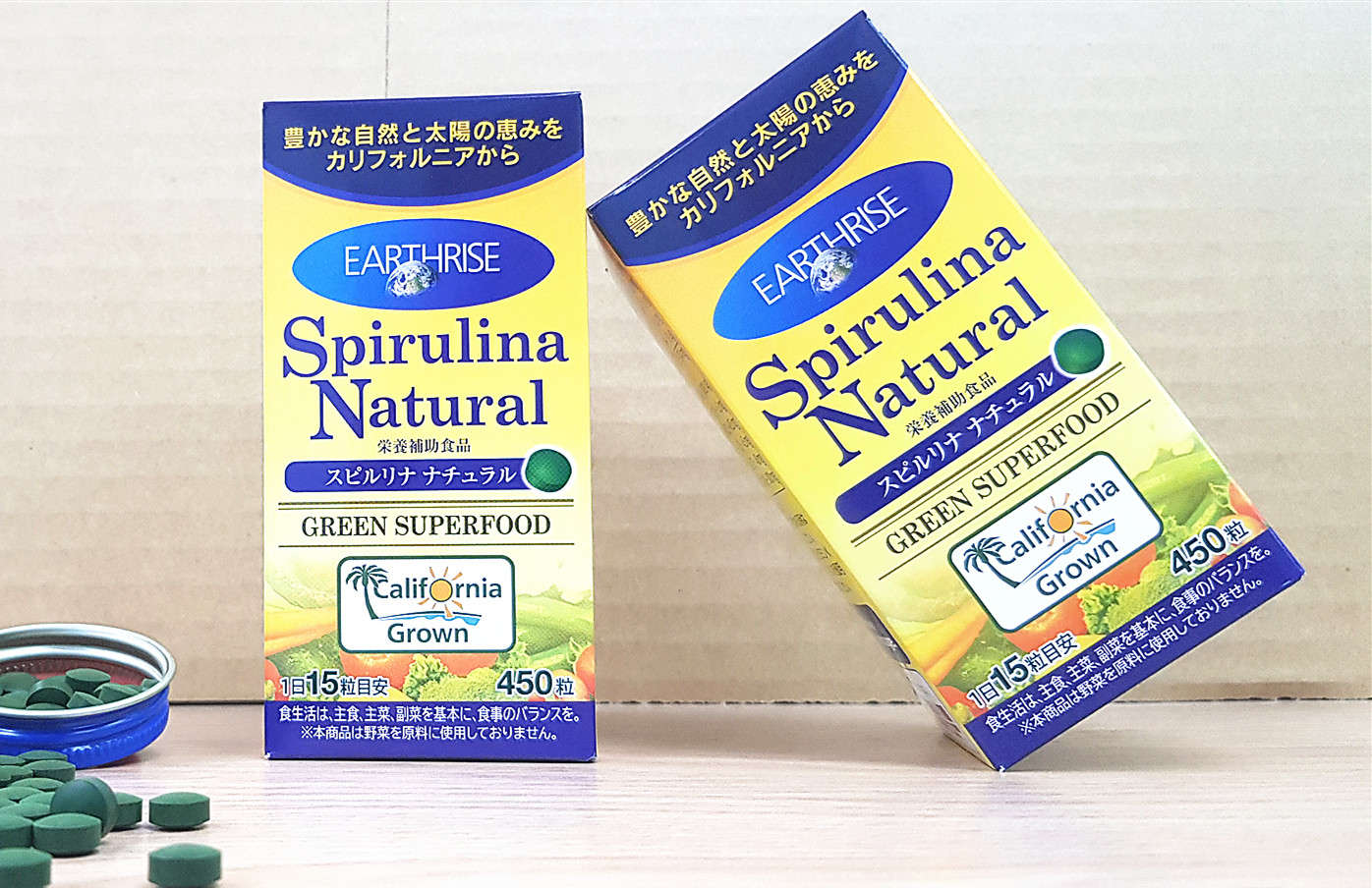
Spirulina is a simple, one-celled organism that has for centuries been used by various civilizations as a nutritional supplement. Natural sources of spirulina were a daily staple in the lives of the Aztecs during the 16th century, and research has shown it being used in Chad, Africa, as far back as the 9th century. These ancient civilizations would harvest natural sources of spirulina from nearby ...
Sign up to receive exclusive promotions and health recipes via email.

